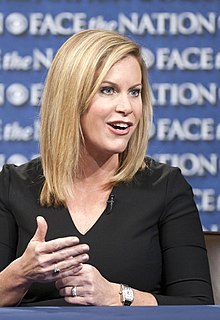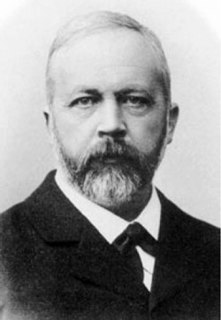A Quote by Dominic Cummings
Unprecedented in modern British history and outside all normal civil service rules, a bunch of MPs, some of them working with foreign governments, wrote primary legislation - 'the Surrender Act' also known as the Benn Act - without any of the scrutiny of who influenced and who funded it that is normal for legislation.
Related Quotes
Liberals say this over and over and over again to hide the actual history, which is why I go through the specifics on the big segregationists in the United States Senate, the ones who signed the Southern Manifesto and the ones who voted against the 1964 Civil Rights Act. There's a panoply of issues to consider. The first time they objected to the Federal government doing something was when it came to civil rights legislation. This is in stark contrast to the very few Republicans who voted against the '64 Civil Rights Act.
The people cannot look to legislation generally for success. Industry, thrift, character, are not conferred by act or resolve. Government cannot relieve from toil. It can provide no substitute for the rewards of service. It can, of course, care for the defective and recognize distinguished merit. The normal must care for themselves. Self-government means self-support.
There can be no complete and permanent reform of the civil service until public opinion emancipates congressmen from all control and influence over government patronage. Legislation is required to establish the reform. No proper legislation is to be expected as long as members of Congress are engaged in procuring offices for their constituents.
When I talk to different lawmakers, I'm trying to get them to reach across the aisle. There's legislation out there that would be helpful for women and families, but like with the Paycheck Fairness Act, legislation has been on the floor many times, and voted down many times. It's something we need to get passed already.
Working with Republicans in Congress we've already signed 88 pieces of legislation. We get no credit. They always say, well, President Trump really needs this tax bill because he hasn't passed any legislation. Well, so far in 10 months we've passed more during this period of time than any other president in the history of our country and the second - let's call runner up - is Harry Truman, was second.
[Before the Civil Rights Act of 1964], many governments in southern states forced people to segregate by race. Civil rights advocates fought to repeal these state laws, but failed. So they appealed to the federal government, which responded with the Civil Rights Act of 1964. But this federal law didn't simply repeal state laws compelling segregation. It also prohibited voluntary segregation. What had been mandatory became forbidden. Neither before nor after the Civil Rights Act were people free to make their own decisions about who they associated with.




































